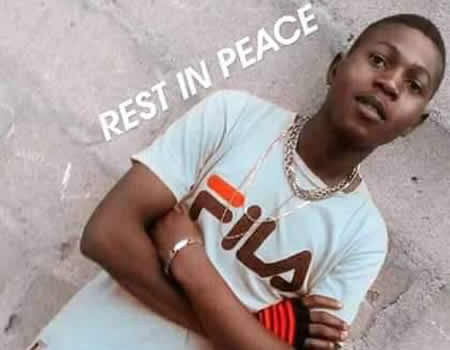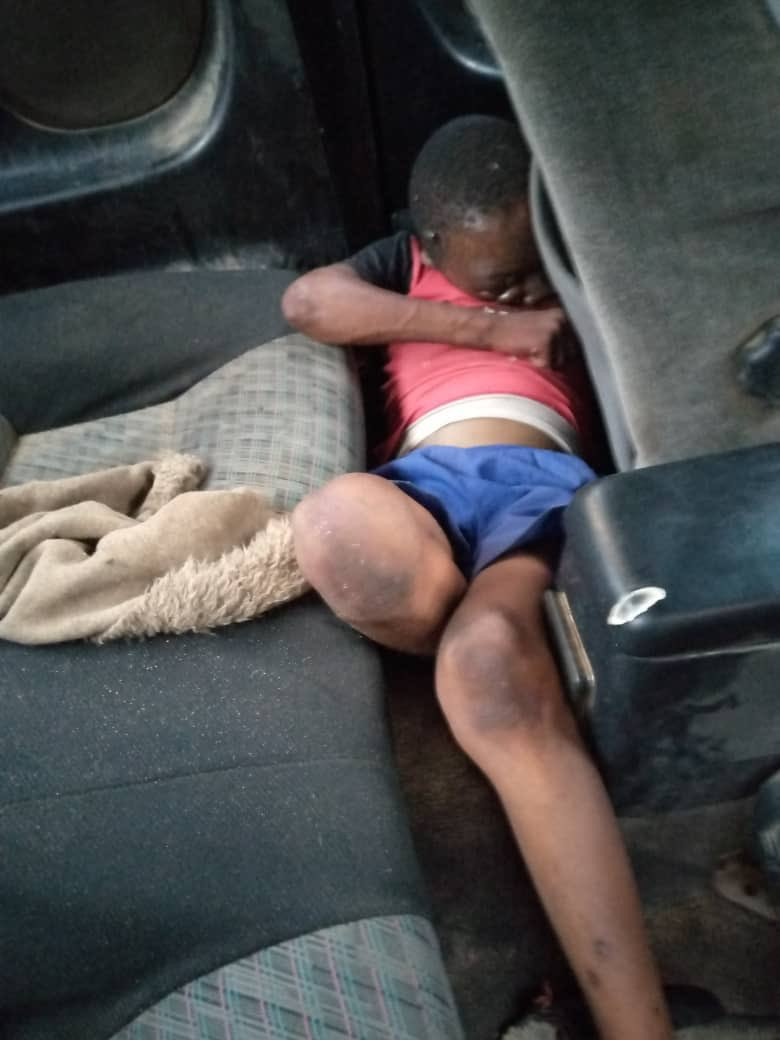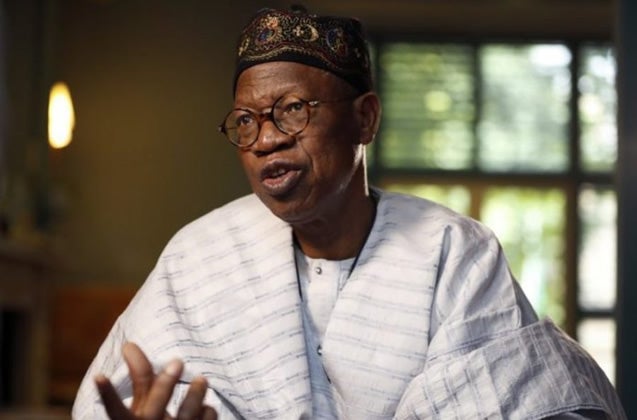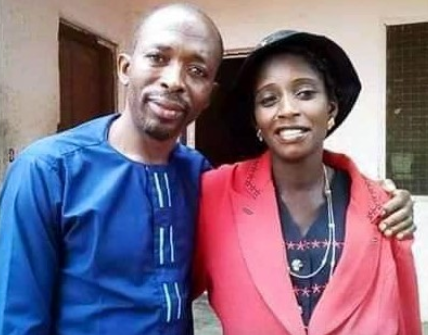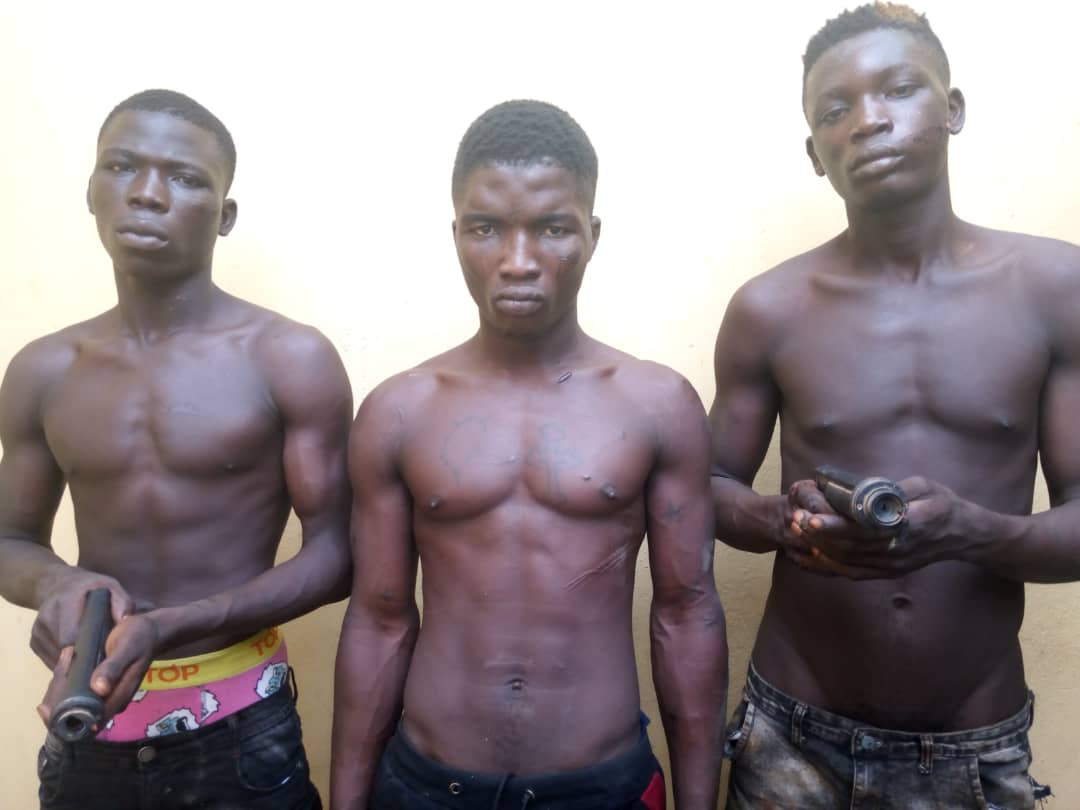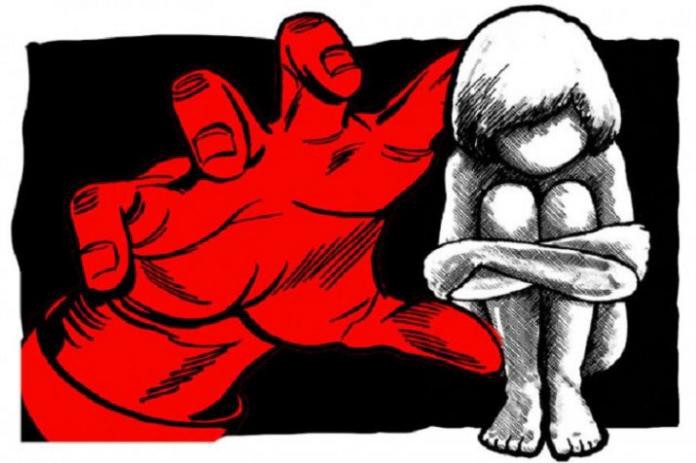Crime
#July10 Massacre: OAU students, activists remember slain victims
During the memorial service of the July 10 massacre in Obafemi Awolowo University, discussants bemoans Nigeria’s shambolic criminal justice system.
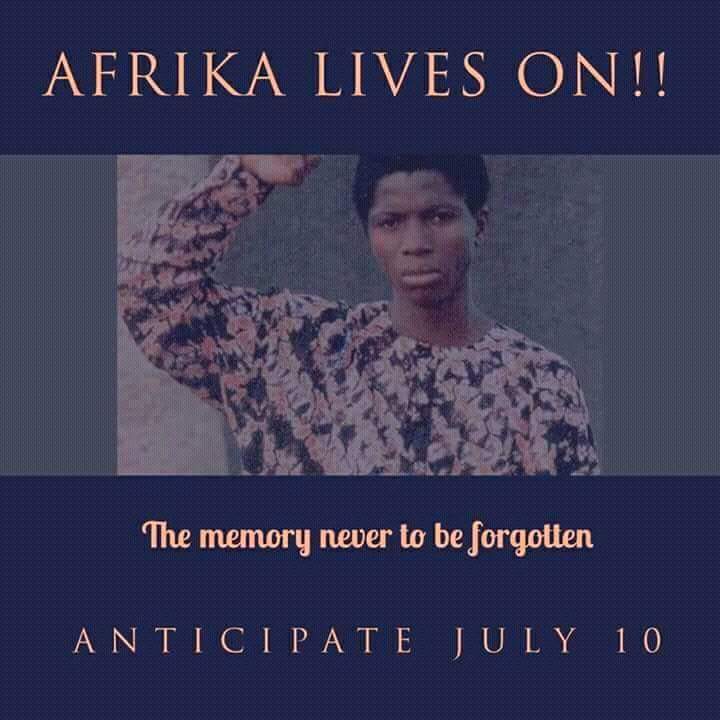
On July 10, 1999, five students of the University were gruesomely murdered by members of the Black Axe Confraternity, while some others were left injured.
Amongst those killed was a 21-year-old 400-Level law student and then Secretary-General of the Students Union, George Iwilade, popularly referred to as Afrika.
Others were Eviano Ekeimu, 400-Level Medicine; Yemi Ajiteru, an extra year student; Babatunde Oke, 100-Level Philosophy, and Godfrey Ekpede.
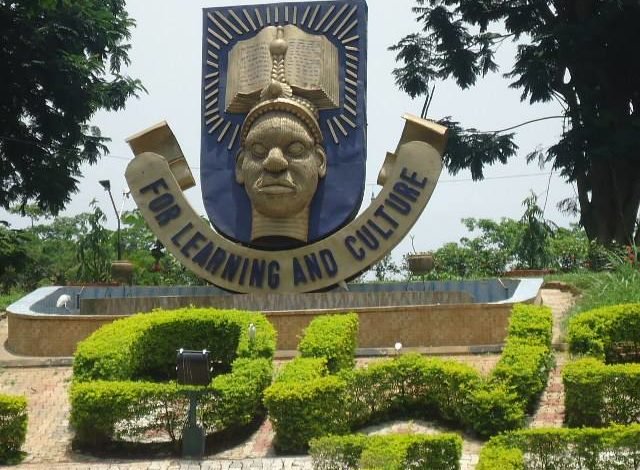
According to a survivor of the attack, Lanre Adeleke (Legacy), who was the then students’ union president, the then vice-chancellor, Wale Omole, was the sponsor of the deadly attack.
Mr Omole has repeatedly denied being responsible for the attack.
Although several events have thwarted all efforts to bring the perpetrators to book, survivors, families of the deceased and major actors are still confident that justice will be served.
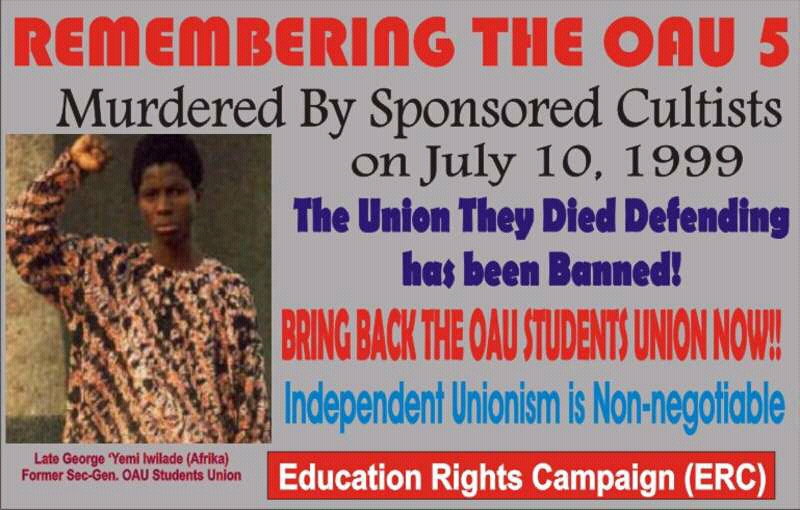
Meanwhile, on Friday afternoon, the current students of the university in their hundreds held a virtual conference to discuss the delay in justice, putting the July 10 event into perspectives.
Omoyele Sowore, the publisher of Sahara Reporters; Destiny Adodo a former speaker student union and a practicing lawyer; Akinkunmi Olawoyin, a former President of the union; Tayo Iwilade, a brother of the late Iwilade; were amongst the speakers invited.
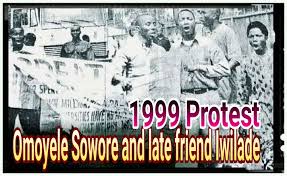
Justice still feasible?
Mr Adodo posited that it may be difficult to get justice, considering the poor administration of criminal justice and the unavailability of the said evidence.
The legal practitioner noted that the only way such a criminal case can be revived is to get the principal actors, like the police officers in-charge of the case, to provide written statements, indicting the culprits.
He said the presiding judge then “discharged and acquitted the perpetrators and ruled that all exhibits be destroyed.”
“This was one of the bad precedents set in the history of our judicial system,” Mr Adodo said.
The former union leader stated that Mr Omole, who was initially suspended by the federal government as a result of the unfortunate incident, was supposed to be made to appear in a court of law to prove his innocence if he is.
“… Instead, years after, he (Omole) was compensated with appointments from states and the federal government. This speaks volume of how our system celebrates criminals.”
On the other hand, Mr Iwilade, currently a lawyer and rights activist, said the July 10 commemoration is beyond the anti-cultism fight, explaining the essence of the ideologies Afrika fought for until death.
He spoke about the system that encourages corruption and impediments to social justice, adding that until these problems are solved, the country is not safe for anyone.
Way forward
Other speakers, in their various submissions, advised the current generation of students to uphold the ideologies behind the commemoration of the July 10 massacre.
Mr Sowore called on Nigerian students to stand against oppression by university authorities in their respective campuses.
“I hope these discussions will not end here. We need more people to fight like Afrika did,” he said.
Mr Olawoyin spoke extensively on the need to revitalise the Nigerian students’ movement that Afrika was part of before his death.
He added that students should organise themselves to demand proper funding of the education sector in order to improve welfare of students and workers in the University community
Also, Mr Adeleke, in his remarks, challenged students to see beyond the yearly remembrance of the murdered students, and begin to play historical roles that would continue to justify the struggle of the fallen heroes.
